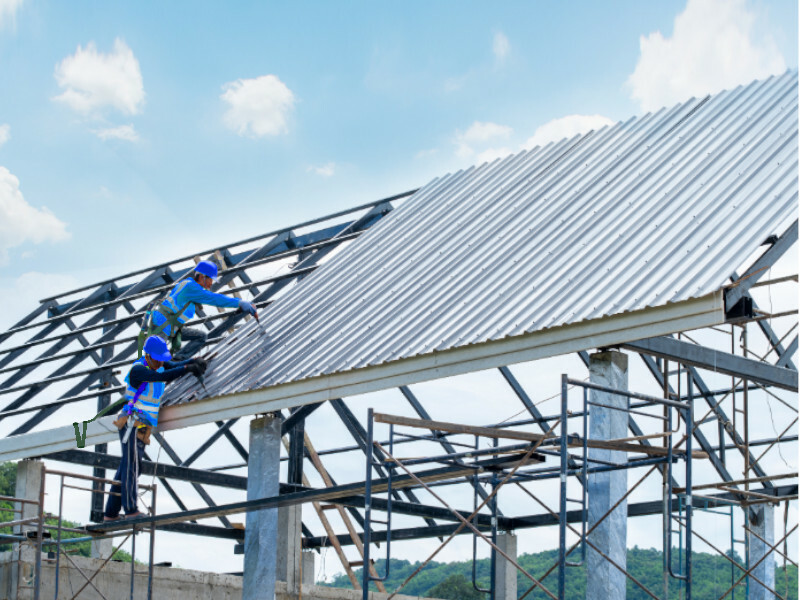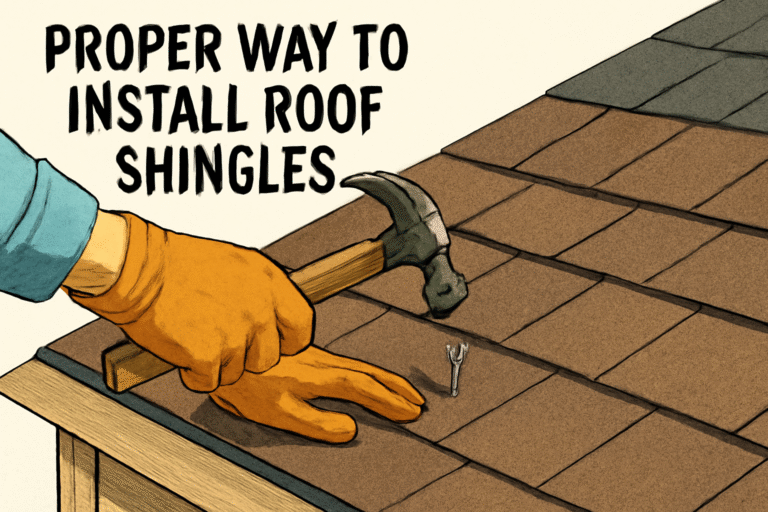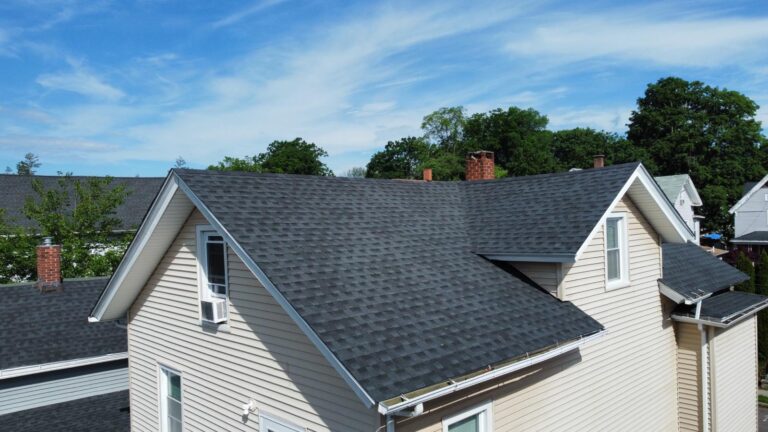
In the realm of commercial buildings, the roof stands as the first line of defense against the elements. Whether it’s scorching heat, torrential rain, or heavy snowfall, a sturdy and well-installed roof is paramount to safeguarding the interior of a commercial establishment. This article delves into the critical aspects of commercial roofing installation Company, guiding you through the process, benefits, maintenance, and more.
Understanding Commercial Roofing Systems
Commercial roofing systems come in various types, each suited to different building structures and environmental conditions. Common materials include asphalt, metal, PVC, TPO, and EPDM. Understanding the pros and cons of each material is crucial in making an informed decision for your commercial property.
Choosing the Right Commercial Roofing Installation Company
Selecting the right roofing contractor can significantly impact the outcome of your project. Factors such as experience, reputation, licensing, and insurance should all be taken into consideration. Additionally, obtaining multiple quotes and comparing services can help ensure you get the best value for your investment.
Benefits of Hiring Professional Commercial Roofing Installers
Professional roofing installers bring expertise and experience to the table, ensuring the job is done efficiently and effectively. Moreover, they adhere to strict safety measures, reducing the risk of accidents and injuries during the installation process.
The Commercial Roofing Installation Process
The installation process typically involves several steps, including assessment, planning, preparation, installation, and inspection. Thorough planning and preparation are essential to ensure a smooth and successful installation.
Tips for Maintaining Your Commercial Roof
Regular inspections, prompt repairs, and routine maintenance are essential for prolonging the lifespan of your commercial roof. Clearing debris, cleaning gutters, and addressing minor issues early can prevent costly repairs down the line.
Cost Factors in Commercial Roofing Installation
The cost of commercial roofing installation can vary depending on factors such as material costs, labor costs, and additional expenses like permits and disposal fees. Understanding these cost factors can help you budget effectively for your project.
Common Problems with Commercial Roofing Installation
Issues such as leaks, poor installation, and environmental damage can compromise the integrity of your commercial roof. It is essential to recognize these issues as soon as possible in order to stop additional damage and expensive repairs.
Importance of Warranty and Guarantees
A comprehensive warranty and guarantee provide peace of mind knowing that your investment is protected. Be sure to review the terms and conditions carefully and understand what is covered and for how long.
Eco-Friendly Options in Commercial Roofing
Sustainable materials and energy-efficient solutions are gaining popularity in the commercial roofing industry. Investing in eco-friendly roofing options not only reduces environmental impact but can also lead to long-term cost savings.
Trends in Commercial Roofing Installation
Advancements in technology and a growing emphasis on sustainability are driving trends in commercial roofing installation. Integrating technologies like drones and thermal imaging can improve efficiency and accuracy, while green roofing solutions offer environmental benefits.
A well-installed commercial roof is crucial for protecting your investment and ensuring the safety and comfort of occupants. By understanding the installation process, maintenance requirements, and emerging trends in the industry, you can make informed decisions to safeguard your commercial property for years to come.
FAQs about Commercial Roofing Installation Company
What are the signs that my commercial roof needs replacement?
Signs that indicate your commercial roof may need replacement include:
- Persistent leaks or water damage
- Cracked or missing shingles or tiles
- Excessive wear and tear
- Sagging or uneven areas
- Visible sunlight or daylight through the roof
- Mold or mildew growth
- Aging beyond the typical lifespan of the roofing material
How long does a commercial roofing installation Company typically take?
The duration of a commercial roofing installation can vary depending on factors such as the size of the roof, the complexity of the project, weather conditions, and the chosen roofing material. On average, a commercial roofing installation may take anywhere from a few days to several weeks to complete.
Can I install a new commercial roof over the existing one?
In some cases, it is possible to install a new commercial roof over an existing one. However, this approach is not always recommended, as it can conceal underlying issues and reduce the lifespan of the new roof. It’s essential to consult with a professional roofing contractor to assess the feasibility and potential drawbacks of this option.
What maintenance tasks should I perform to prolong the life of my commercial roof?
To prolong the life of your commercial roof, consider performing the following maintenance tasks regularly:
- Conducting visual inspections for signs of damage or deterioration
- Clearing debris from gutters and drains to prevent water buildup
- Repairing any damaged or missing shingles, tiles, or flashing
- Clearing accumulations of snow and ice to avoid structural damage
- Trimming overhanging branches to prevent damage from falling debris
- Keeping an eye out for leaks and acting quickly to fix them
- Scheduling professional roof inspections and maintenance as needed
Are there financing options available for commercial roofing projects?
Yes, there are various financing options available for commercial roofing projects, including:
- Business loans or lines of credit
- Financing programs offered by roofing manufacturers or contractors
- Government-sponsored incentives or grants for energy-efficient roofing installations
- Leasing or financing arrangements with roofing companies
- Insurance coverage or reimbursement for roof repairs or replacements due to covered perils
It’s essential to explore these options and choose the one that best fits your financial situation and project requirements. Consulting with a reputable roofing contractor can also provide valuable insights and guidance regarding financing options for your commercial roofing project.



